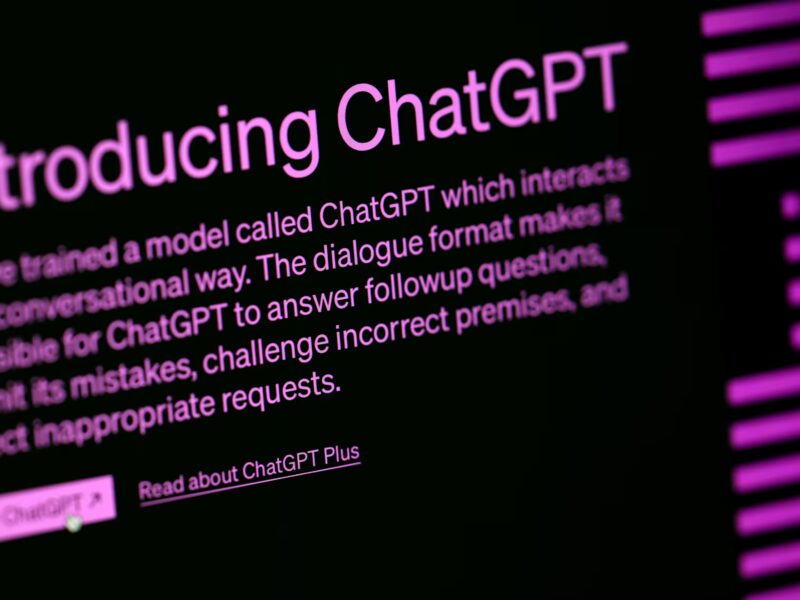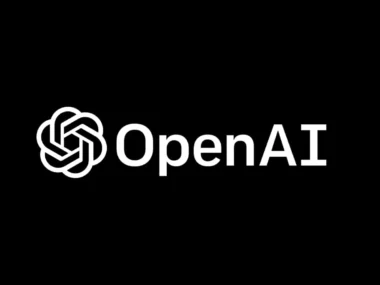Teachers are also adopting generative technology to aid in class design, with the goal of easing the strain of their workload.
More than half of undergraduates say they use artificial intelligence programs to aid them with their essays, and schools are testing its use in class.
The Higher Education Policy Institute (Hepi) conducted a poll of more than 1,000 UK undergraduates and discovered that 53% used AI to generate material for work that would be graded. One-fourth of people use tools like Google Bard or ChatGPT to suggest subjects, while one-eighth use them to create material.
Only 5% admitted to copying and pasting unedited AI-generated language into their assessments.
Teachers are also looking to employ AI to streamline their work, with the Education Endowment Foundation (EEF) partnering with secondary schools on a new research project to use AI to develop lesson plans, teaching materials, tests, and model answers.
Dr. Andres Guadamuz, a reader in intellectual property law at the University of Sussex, said it was unsurprising that more students were adopting AI, and that universities should be specific in discussing how to utilize it as a study tool.
“I have instituted a policy of having mature discussions with pupils regarding generative AI. “They share with me how they use it,” Guadamuz added.
“My biggest concern is that a large proportion of students are unaware of the potential for ‘hallucinations’ and mistakes in AI. I feel it is our job as educators to confront this issue directly.”
According to the Hepi poll, one in every three students who use AI is unaware of how frequently it “hallucinates,” that is, invents statistics, academic citations, or book titles to fill in what it judges to be holes.
Guadamuz claimed he had essays sent in last year that plainly employed unedited ChatGPT output, as seen by the “boring” style in which they were written. However, as AI usage increased, the poll indicated that fewer students were willing to use it.
“The world is changing, and as educators, we must adapt by developing clear norms and policies, as well as creating more rigorous exams. However, this is challenging in a resource-constrained context where academics are already overloaded and underpaid,” Guadamuz explained.
According to the EEF plan, using AI might assist teachers reduce their workload while also boosting the quality of their instruction. Gillian Keegan, the education secretary, has stated that AI might do the “heavy lifting” of marking and preparing for teachers.
Half of the 58 schools in England participating in the EEF initiative will be provided a toolbox for developing assessment materials such as practice questions, tests, and model responses, as well as tailoring lessons to specific groups of pupils. An impartial panel of specialists will examine the AI-generated lesson plans.
According to Prof Becky Francis, CEO of the EEF, there is insufficient study on the impact of technology on teaching practice.The conclusions of this trial will make a significant contribution to the evidence base, bringing us closer to understanding how teachers may employ AI.”











